York’s bid to become a poverty-free city
On the face of it there would seem to be no obvious reason why the elegant and unostentatiously prosperous city of York – currently striving to become Britain’s first « poverty-free » community – should worry about poverty at all.
There are, after all, many places where you would consider poverty to be a more urgent and extreme problem, where hardship and destitution is more vividly displayed. This clean, pretty, well-to-do city throngs with tourists and shoppers; yellow bicycles, marking the successful recent arrival of the Tour de France, dot the streets; the economy is booming; unemployment is practically non-existent.
If York is a poster city for the upside of Britain’s tentative economic recovery, however, it also acts as a cautionary tale about its downside: a widening inequality that some fear is slowly changing the fabric and character of a place famed for its historical association with fairness and social justice.
« You can get off at York train station and walk for hours and not see poverty at all, » says Steve Hughes, editor of the York Press, the local newspaper that has been running an extraordinary « Stamp Out Poverty » campaign over the past year, highlighting York’s hidden poverty. « We wanted to get under the veneer. We always felt that York was a tale of two cities; that tale gets lost in the overall message that everything in the garden is rosy. »
The idea of « hidden » poverty crops up again and again: so what is it? « It’s not the sort of poverty you can see as you bomb about in your Audi, » one charity worker tells me ruefully.
Another describes it as « behind-closed-curtains » poverty. There is some street poverty, such as begging and rough sleeping, as there is everywhere; but in York you have to seek it out, and it is not in the most obvious places.
What local campaigners mean is that their prosperous city hides an uncomfortable secret: rising numbers of local people hold down jobs but increasingly don’t earn enough to get by. Many locals can no longer afford to live in what has become the most expensive city in the north of England as rents, house prices, and basic living costs such as childcare spiral, leaving those on low and middle incomes struggling.
Spurred on by Stamp Out Poverty, the council, local businesses, charities and faith groups set up their own poverty-free campaign a year ago this week. It set out to challenge the idea that poverty should exist amid such affluence, but it feels like it has become something bigger: a struggle for the soul of a city. […]
Patrick Butler
The Guardian, 16 July 2014
I. VERSION (sur 20 points)
Traduire le titre et à partir de “There are, after all, …” jusqu’à “…poverty at all”.
II. QUESTIONS (sur 40 points)
1. Question de compréhension du texte.
Why can it be said that York is “a tale of two cities”?
(150 mots + ou – 10%* ; sur 20 points)
2. Question d’expression personnelle.
Is social inequality an acceptable price to pay for a country’s economic success?
(250 mots + ou – 10% * ; sur 20 points)
* Le non-respect de ces normes sera sanctionné. Indiquer le nombre de mots utilisés.
III. THÈME (sur 20 points)
1. S’ils avaient eu plus de temps, ils auraient pu faire leurs achats avant de venir.
2. Y aura-t-il autant de monde à cette réunion que l’année dernière?
3. D’après les experts, la reprise sera facilitée par la baisse des prix du pétrole.
4. Si votre société devait embaucher un jeune diplômé, quel profil choisirait-elle ?
5. Très peu d’électeurs ont déjà décidé pour quel député ils voteront.
6. La plupart des Européens ont cru que l’Ecosse deviendrait une nation indépendante.
7. Cela fait des mois que les compagnies aériennes cherchent un accord.
8. Ce n’est pas la première fois qu’un écrivain français reçoit le prix Nobel, non?
9. Aucun des investissements promis par ces deux entreprises n’a été réalisé.
10. Si riche et puissant soit-il, il n’a pu empêcher la faillite de son empire immobilier.





























